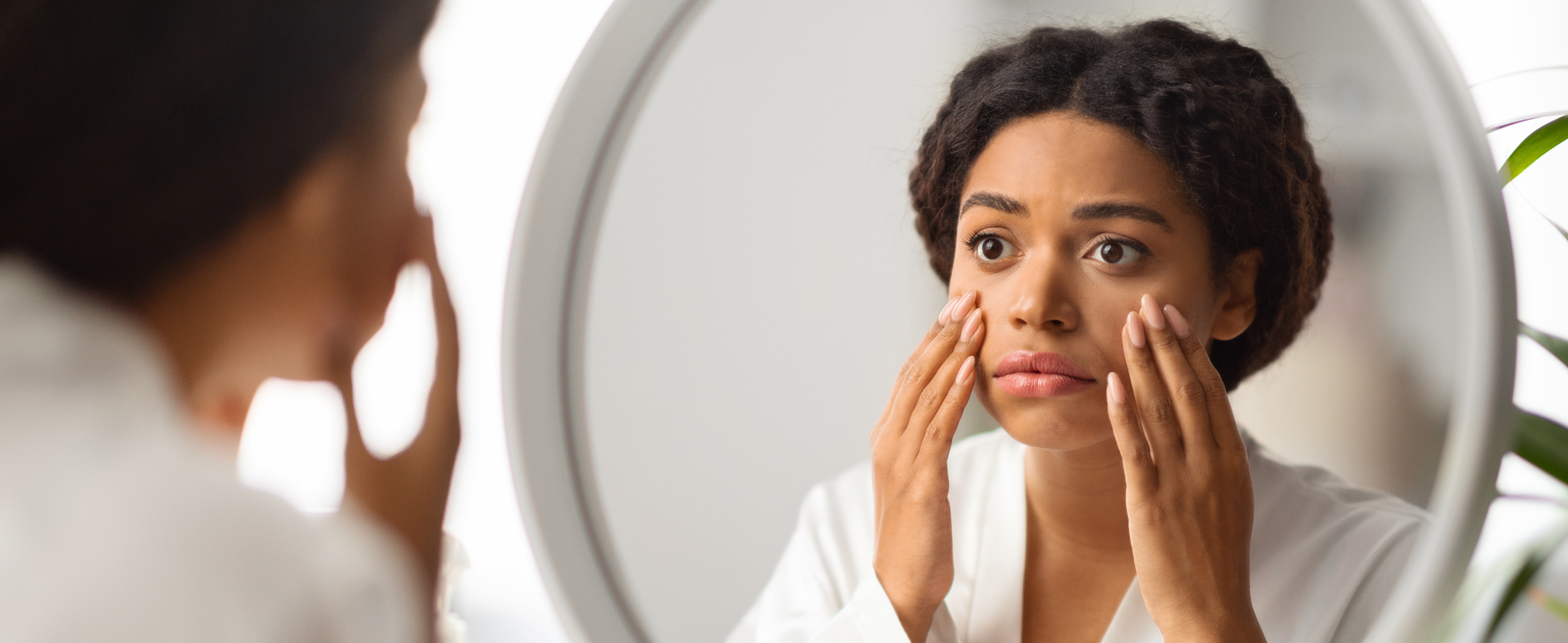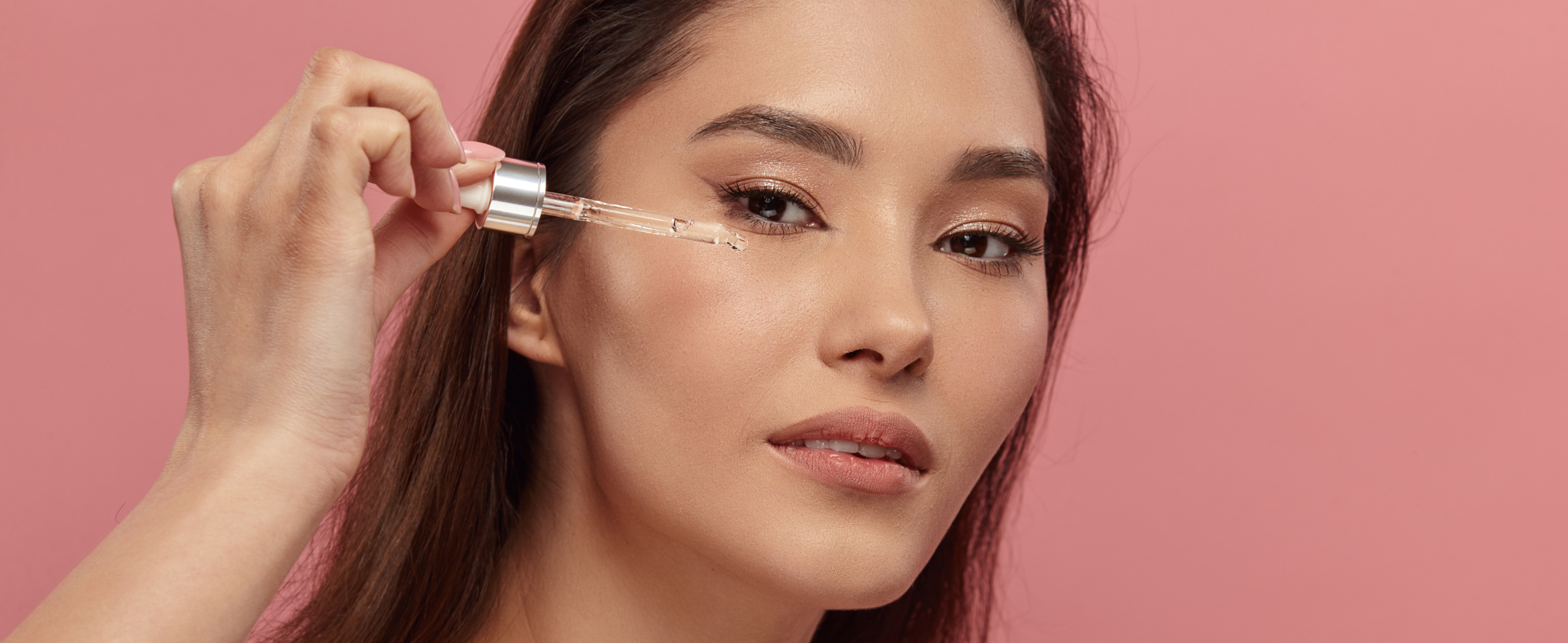Vitamin C is one of those skincare ingredients that estheticians and dermatologists can’t stop raving about—and for good reason. This multitasking antioxidant helps brighten dull skin, fade dark spots, stimulate collagen production, smooth fine lines and wrinkles, and fight off free radical damage. But did you know that you can make Vitamin C even more effective by pairing it with the right ingredients?
If you're investing in a high-quality Vitamin C serum or cream, learning how to layer and combine it properly can unlock even greater benefits and minimize irritation. In this guide, we’ll break down what Vitamin C does, the ingredients that enhance its performance, and which combinations to avoid for optimal skin health.
Why Ingredient Pairing Matters
Just like in cooking, pairing ingredients correctly in skincare can change the entire outcome. Vitamin C on its own is powerful—but in combination with other actives, it can become even more effective.
Proper pairing can:
- Increase Vitamin C’s stability and absorption
- Reduce unwanted side effects (like redness or dryness)
- Provide complementary benefits, such as hydration, brightening, or barrier support
- Support optimal pH levels for better efficacy and less irritation
However, the wrong combinations can lead to increased sensitivity, dryness, or even render Vitamin C ineffective. So let’s get into the best Vitamin C pairings and what to avoid.
The Best Ingredients to Pair with Vitamin C
1. Vitamin C + Hyaluronic Acid: Hydration + Brightening
Hyaluronic acid is a hydration hero that helps the skin retain moisture. When paired with Vitamin C, it provides a plumping, soothing effect that balances out any dryness or irritation that Vitamin C might cause. This duo is especially ideal for sensitive or dry skin types.
Benefits:
- Enhances skin hydration and plumpness
- Smooths fine lines
- Calms inflammation
💡 Tip: Apply your Vitamin C serum first, then layer a hyaluronic acid serum or moisturizer over it.
2. Vitamin C + Vitamin E: Double Antioxidant Protection
Vitamin E is another antioxidant that not only works synergistically with Vitamin C but also helps stabilize it. This combination is common in many professional-grade serums, like SkinCeuticals CE Ferulic.
Benefits:
- Neutralizes free radicals more effectively
- Boosts sun protection when paired with SPF
- Enhances skin’s natural repair processes
💡 Look for serums that already include both (like Vitamin C + E + Ferulic Acid) for optimal effect.
3. Vitamin C + Ferulic Acid: Brightening + Stability
Ferulic acid is a plant-based antioxidant that helps prevent the oxidation of Vitamin C, making it more stable and longer-lasting. It also supports skin tone and texture.
Benefits:
- Stabilizes Vitamin C and boosts efficacy
- Reduces fine lines and pigmentation
- Protects skin from environmental stress
4. Vitamin C + Niacinamide: Brightening + Barrier Repair
Niacinamide (Vitamin B3) is a versatile ingredient known for its anti-inflammatory, brightening, and skin-strengthening benefits. Though it was once thought to conflict with Vitamin C, current research shows they’re actually safe and effective when used together.
Benefits:
- Minimizes pores and evens out skin tone
- Calms redness and irritation
- Strengthens the skin barrier
💡 If you have sensitive skin, try using Vitamin C in the morning and niacinamide at night—or layer niacinamide over Vitamin C to buffer irritation.
5. Vitamin C + Retinol: Anti-Aging Power Duo
Retinol (Vitamin A) increases cell turnover, smooths fine lines, and targets acne—making it a favorite anti-aging ingredient. When paired with Vitamin C, the two can work together to brighten and renew skin. However, this combo should be used strategically.
Benefits:
- Promotes collagen synthesis
- Improves skin tone and texture
- Fades dark spots and fine lines
⚠️ Caution: Since both ingredients are potent, it’s best to use Vitamin C in the morning and retinol at night to avoid irritation.
6. Vitamin C + Peptides: Firming + Repair
Peptides are short chains of amino acids that stimulate collagen and elastin. They work well with Vitamin C to reinforce firmness and elasticity in aging or sagging skin.
Benefits:
- Improves skin resilience
- Reduces wrinkles
- Strengthens the skin barrier
💡 Use Vitamin C in the morning and peptide-infused products at night for round-the-clock support.
7. Vitamin C + AHAs (Alpha Hydroxy Acids): Glow Boosters
AHAs like glycolic or lactic acid exfoliate the top layer of dead skin cells, allowing Vitamin C to penetrate more deeply. This combo is ideal for brightening dull, uneven skin.
Benefits:
- Boosts Vitamin C absorption
- Improves tone and texture
- Speeds up skin renewal
⚠️ Sensitive skin types should be cautious. Start slowly to avoid irritation, or alternate use—Vitamin C in the morning, AHAs at night.
8. Vitamin C + Ceramides: Barrier Support
Ceramides are lipids that help the skin retain moisture and protect against environmental damage. Pairing ceramides with Vitamin C helps maintain skin hydration and reduces the risk of dryness or irritation from Vitamin C.
Benefits:
- Hydrates and plumps the skin
- Calms and strengthens the barrier
- Enhances the brightening effect without added sensitivity
What Not to Mix with Vitamin C
While many ingredients complement Vitamin C, there are a few you should avoid combining directly with it:
❌ Benzoyl Peroxide
This acne-fighting ingredient can oxidize Vitamin C, making it less effective.
❌ Salicylic Acid
Though useful for acne-prone skin, salicylic acid is too harsh to layer directly with Vitamin C. It can increase dryness and sensitivity.
❌ Strong Exfoliants (AHAs/BHAs) Without Buffering
If you’re using potent acids, layer them carefully or use them at different times of day to avoid over-exfoliating and disrupting your skin barrier.
When & How to Use Vitamin C
To get the most out of your Vitamin C product:
- Use it in the morning, after cleansing and before sunscreen
- Follow with a hydrating serum or moisturizer (like one with hyaluronic acid or ceramides)
- Store your Vitamin C serum in a cool, dark place to prevent oxidation
- Use broad-spectrum SPF every day—Vitamin C doesn’t replace sunscreen, but boosts its effectiveness
The Bottom Line
Vitamin C is one of the most powerful and versatile ingredients in modern skincare—but pairing it with the right ingredients can make it even more effective. Whether you’re looking to brighten, firm, hydrate, or repair your skin, knowing what works well with Vitamin C is key.
To keep irritation at bay and results on point:
- Stick with hydrating and calming ingredients like hyaluronic acid, niacinamide, and peptides
- Use strong actives like AHAs or retinol on a split schedule (Vitamin C in the morning, the others at night)
- Always wear SPF
By choosing the right combinations for your skin type and concerns, your Vitamin C routine can go from good to glowing ✨








